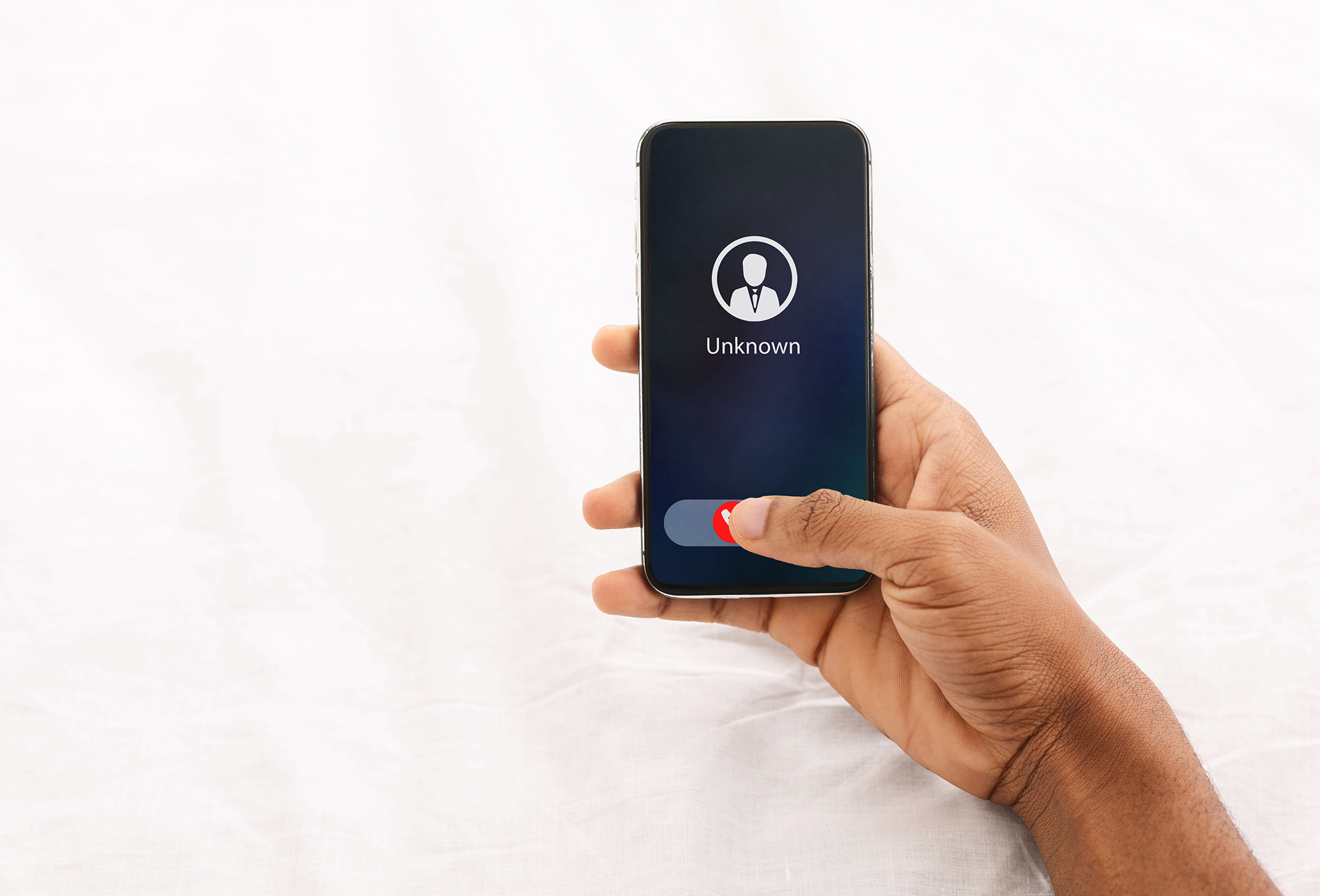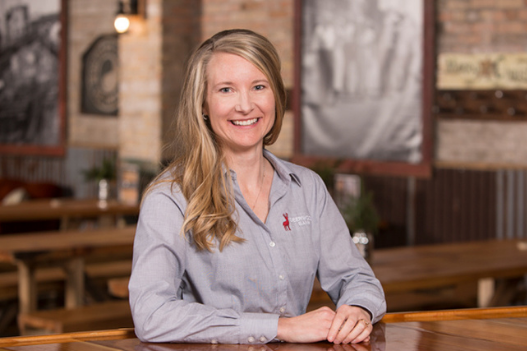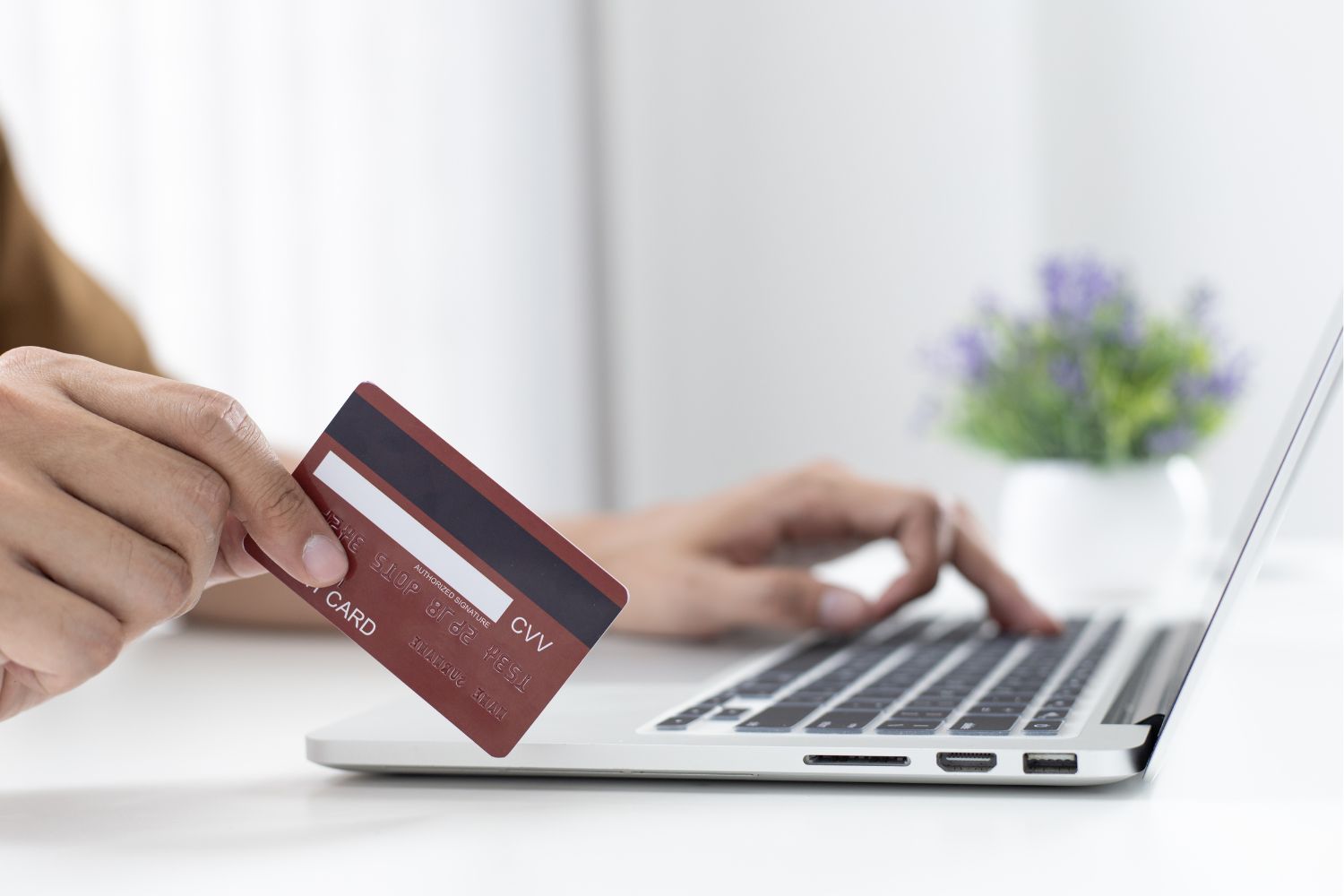Although some people have adjusted well to a new normal in the midst of this Coronavirus pandemic, others are still struggling to deal with the many obstacles coming their way. Scammers tend to take advantage of this turmoil and boy-oh-boy can they throw a BIG obstacle at you. This is why you need to be prepared and well-aware of the many coronavirus scams that are out there.
Recently, the Federal Trade Commission (FTC) released a video series: 11 Tips to Avoid Coronavirus Scams. Let’s take a look at each of their tips:
1. Hang up on robocalls.
Scammers will try to gain your attention or trust through an automated voice system. This way they are able to target a large audience while also masking their voice. At times, people tend to trust automated systems as they have prior experience with them. i.e. healthcare system phone trees.
2. Ignore offers for vaccinations and home test kits.
Many scammers have been caught attempting to get people to pay for coronavirus vaccinations and/or home test kits. These are all scams. Once the scammer has taken your money, you will receive nothing and they will disappear into the darkness of the internet.
3. Fact-check information.
Whether it comes from a scammer or just a random source that you stumbled across on the internet, it is important that you fact-check all of the information that you are consuming. Throughout this pandemic there have been thousands of reports of unverified and incorrect information circulating around the internet. To determine if the information you are viewing is accurate, go to accredited websites like CDC.gov to validate the items in question.
4. Know who you are buying from.
Online sellers may claim to have in-demand products like cleaning, health and household items when they actually don’t. Make sure to research and verify the seller from which you are purchasing these items from. If it appears too good to be true, it often is.
5. Don’t respond to calls, texts or emails about money from the government.
The government will not call you in regards to providing you with money. Anyone who reaches out saying that they can “get you the money now”, is a scammer.
6. Don’t click on links from sources that you don’t know.
Scammers are taking advantage of the coronavirus pandemic by selling bogus products using fake emails, texts, and social media posts. Always be mindful of the links you clicking and where they are taking you.
7. Watch for emails claiming to be from the Centers for Disease Control and Prevention (CDC).
The CDC will not email you directly. For the most up-to-date information, go to their website: https://www.cdc.gov/
8. Do your homework when it comes to donations.
Be mindful of where your money is being sent – specifically when it comes to charities and crowdfunding sites. If someone wants donations in cash, gift card, or wired money, don’t do it.
9. Watch out for phishing emails and text messages.
Scammers might be able to make text and emails look real, but in reality they are looking to obtain your personal information. Always be mindful and aware of your sender and their phone number or email address.
10. Stay in the know.
Make sure you are aware of the latest coronavirus scams by continuing to visit ftc.gov/coronavirus
11. When you spot a scam, report it to the FTC.
When you spot a scam, make sure you tell your friends and neighbors about it. Then report it to FTC.gov/complaint
It’s no secret that we are going to be dealing with the negative repercussions of this pandemic for quite some time. With time, scammers are going to adapt and look for new ways to take advantage of the coronavirus. Stay vigilant and trust your gut – if something doesn’t feel right, it probably isn’t. If you feel you have fallen victim to a fraudulent scam, make sure to reach out to your financial institution or contact your local banker to describe the situation.





